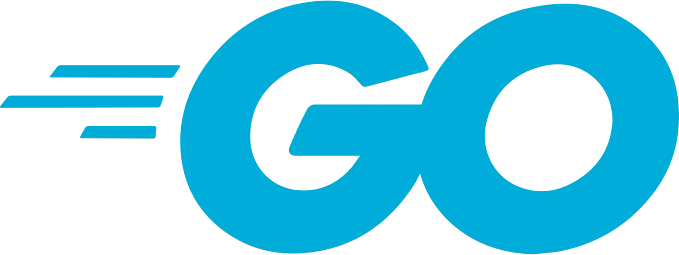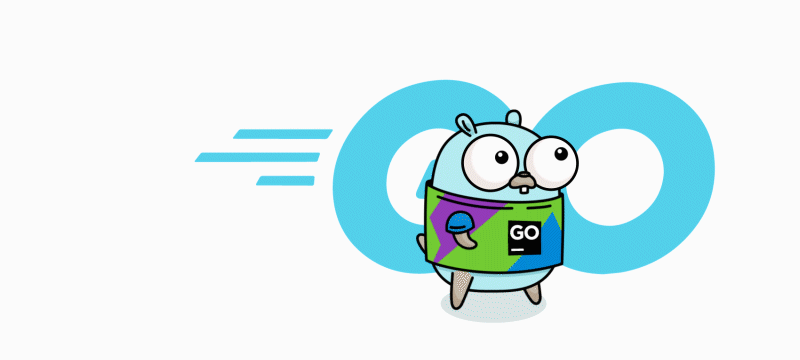Member-only story
Mastering Golang: Essential Shortcuts for Every Developer

Introduction
Golang, often celebrated for its simplicity and efficiency, empowers developers to write clean, maintainable code. But did you know that there are a host of shortcuts in Go that can supercharge your productivity? From syntactic sugar to time-saving coding patterns, Go offers tools and techniques that help developers write better code faster.
In this article, we’ll explore some of the most useful shortcuts, tips, and tricks in Golang, covering language features, standard library utilities, and handy development practices.
Why Shortcuts Matter in Golang
Shortcuts in programming aren’t about cutting corners — they’re about making code more efficient, readable, and maintainable. In Golang, the philosophy of simplicity extends to how these shortcuts are designed, ensuring they enhance productivity without sacrificing code quality.
1. Short Variable Declaration
The short variable declaration operator (:=) is one of the first shortcuts new Go developers encounter. It’s a concise way to declare and initialize variables in a single step.
Example:
go
// Traditional variable declaration
var x int = 10
// Short variable declaration
x := 10This shortcut reduces boilerplate code, especially for local variables.
2. Multiple Variable Assignment
Golang allows multiple variables to be assigned in a single line, simplifying scenarios where you need to swap values or unpack multiple results.
Example:
go
// Swapping values
a, b := 5, 10
a, b = b, a
// Unpacking multiple return values
quotient, remainder := divide(10, 3)
func divide(a, b int) (int, int) {
return a / b, a % b
}This feature is particularly handy when working with functions that return multiple values.
3. Loop Simplifications
Go’s for loop is highly versatile, eliminating the need for additional loop constructs like while or do-while.








